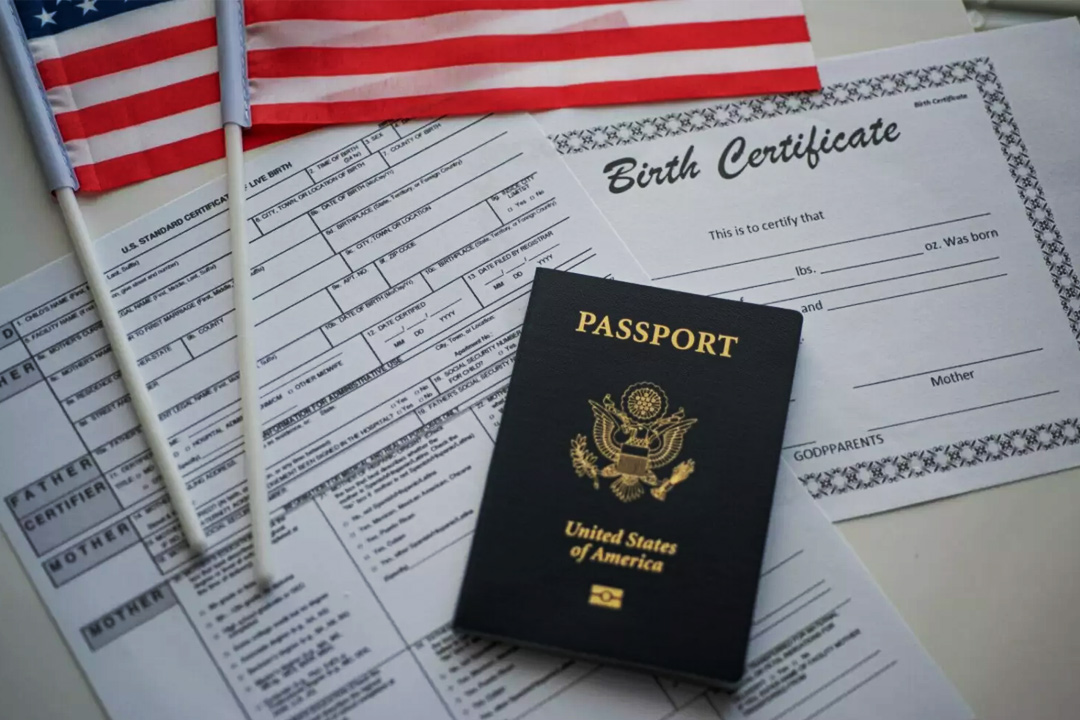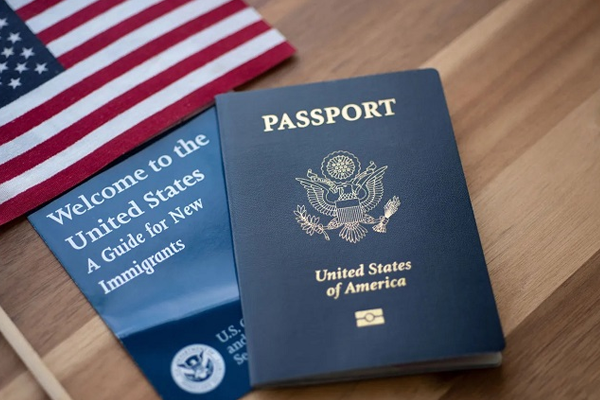Screen Foreign Nationals Applying For A Lease

Screen Foreign Nationals Applying For A Lease
You have a vacant apartment and found a seemingly good rental application but not from a US citizen.
In the United States, there are millions of residents who are not US citizens. Known as foreign nationals, these people can be on temporary work visas, international students, or even legal permanent residents. Any individual with foreign citizenship while living in the United States is considered a foreign national.
Renting to international tenants opens up opportunities for diverse tenant communities and cultural exchange.
Whether in larger cities or rural agrarian belts, you’re likely to receive rental applications from foreign nationals sooner or later. How can you properly screen these applicants? What do you need to know?
What’s the Law?
As a landlord, it may be more difficult to properly screen someone who has not been in the United States for very long. However, you must accept all applications, and process them in the same manner.
According to the Fair Housing Act, a landlord cannot refuse to rent to someone based on national origin. They also cannot set different rental terms or conditions for someone due to their nationality.
To avoid getting into a legal mess, you must allow non-US citizens to apply to your rental units. All potential tenants, foreign nationals or not, should receive the same rental application. You should demand the same information from all applicants, and verify the details they provide. If you charge an application fee, all applicants should be charged the same amount.
As a landlord, you do have rights. You are allowed to ask applicants for information such as identification, driver’s license number, proof of employment and income, credit history, and past landlord references. You may also ask for written permission to run a credit check as well as a criminal background check. In most states, landlords are allowed to ask about applicants’ eligibility to work in the United States and confirm their right to be in the country (check your state’s Landlord-Tenant Act). Just make sure you ask all applicants the same questions, whether you think they apply or not.
I Have Application Forms… Now What?
Once you receive a completed rental application form, you must see if the prospective tenant qualifies for your unit. To do so, it’s best to establish in advance a detailed screening policy. Your policy should be able to be applied equally to all tenants, from retirees to those moving into their first apartment, citizens to foreign nationals. A good policy focuses on the qualifications of an applicant.
A qualified tenant is one who can:
- Afford to pay the rent. As a landlord, you should set, in writing, how you will make this decision. As a guideline, many landlords use a 1 to 3 ratio – a tenant’s rent should not be more than one-third of their income.
- Prove good rental history. This can mean no past evictions, missed rent payments, or property damage.
- Prove good credit history. This can include meeting all of their financial obligations, paying their bills on time, etc.
- Prove they don’t have a dangerous or criminal background. Landlords are responsible for ensuring the safety of all of their tenants.
While some of the above can be done for foreign nationals the same way as US citizens, such as verifying their income, employment and rental history, credit reports, and criminal background checks is another story. If the applicant does not have a social security number, you generally can’t run a credit report or nationwide criminal check.
It may be extra work, but you can still get a sense of the applicant’s credit history. Ask to see the last twelve months’ bank statements, and look at how frequently they pay their bills, and whether they pay them on time. If they pay their cell phone bill regularly, and their credit card balance off each month, for example, they are displaying the habits of financially responsible people. If they haphazardly pay their bills every few months whenever they have a windfall, find another tenant.
Though it’s difficult (or impossible) for a civilian to run an effective nationwide criminal check on someone with no social security number, you can still run the applicant through the surrounding counties’ criminal records databases (which are overwhelmingly online and publicly available). Cross-check for the applicant’s address history, which you should by now have verified by speaking with former landlords.
It’s important to note that different states have different rules. Although they all follow the Fair Housing Act, there can be additional rules which apply to your situation. Always double-check your rights and obligations before preparing your rental application form and background checks.
Rejecting Applications
As a landlord, you can reject an application if it doesn’t meet your criteria. However, rejecting applications must be based on factors such as income, credit history or housing history, not on age, race, color, sex, religion, family status, handicap or national origin. You are also allowed to pass on an application with false information; if you find out your potential tenant lied about their income, for example, you can legally reject the application.
Being consistent with your screening policy is the best way to pick the perfect tenant, regardless of their citizenship. It’s also the best way to protect yourself against discrimination charges, which can be expensive to defend against and fight in court.
Renting to International Tenants: FAQs
Can you rent to a non-US citizen?
Yes, it is possible to rent to a non-US citizen. Renting to international tenants is common and legal in the United States. Landlords can consider factors such as visa status, employment verification, and rental history to determine the eligibility of non-US citizens as tenants.
How do I screen an international tenant?
When screening an international tenant, consider these steps for renting to international tenants:
- Request a completed rental application and verify identification documents.
- Assess their visa status and length of stay.
- Verify employment, income, and financial stability.
- Contact previous landlords for references.
- Consider a cosigner or higher security deposit as additional safeguards.
Renting to international tenants requires careful assessment to ensure a successful tenancy.
Can a non-US citizen rent an apartment?
Yes, non-US citizens can rent apartments in the United States. Renting to international tenants is widely accepted. Landlords typically consider factors such as visa status, employment verification, and rental history to determine the eligibility of non-US citizens as tenants.
How can a foreigner rent a house in the USA?
Foreigners can rent a house in the USA by following a few steps. They should have a valid visa and provide proof of employment and income stability. Building a strong rental application and working with a specialized real estate agent or property management company can also help in securing a rental property.






